Can I use Python for cloud computing?
Can I use Python for cloud computing?
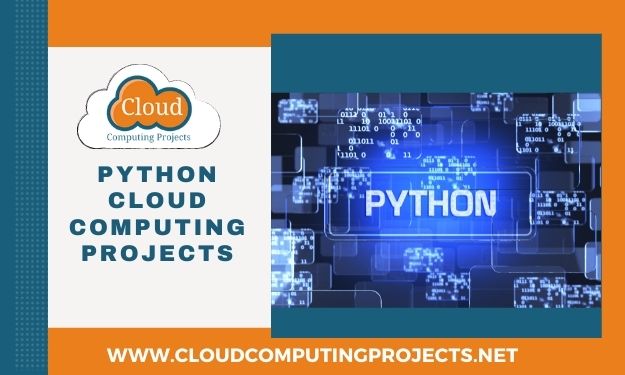
I'd be happy to help you with that!
Yes, you can absolutely use Python for cloud computing! In fact, Python is a popular choice among developers and data scientists when it comes to cloud-based applications and services. Here's why:
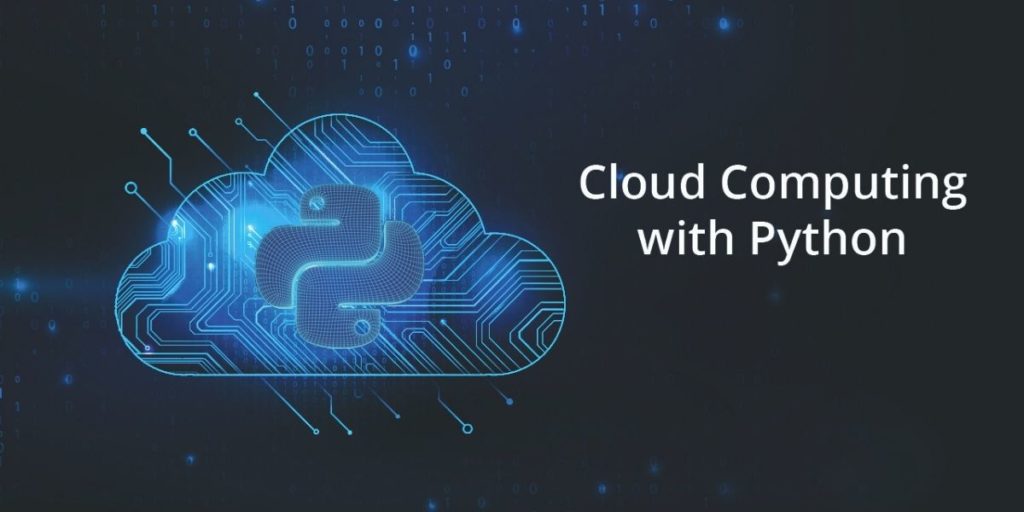
Why Python for Cloud Computing?
Easy Integration: Python has excellent libraries and frameworks that make it easy to integrate with various cloud services, such as AWS, Google Cloud, Azure, and more. Flexible Data Processing: Python's NumPy and Pandas libraries enable fast and efficient data processing, which is crucial for big data analytics and machine learning tasks. Scalability: Python can be easily scaled up or down depending on the needs of your cloud-based application. You can use services like AWS Lambda or Google Cloud Functions to run Python code at scale. Cost-Effective: Python is an open-source language, which means you don't have to worry about licensing fees or software updates. Large Community: The Python community is vast and active, with numerous libraries, frameworks, and tools available for cloud computing, data science, and machine learning.Popular Python Libraries for Cloud Computing
Boto3: A Python library that provides a simple interface to AWS services like S3, EC2, and Lambda. Google Cloud Client Library: A set of libraries that allow you to interact with Google Cloud services, such as Bigtable, Cloud Storage, and more. azure-mgmt: A Python package for managing Azure resources, including storage, compute, and networking. OpenStack SDKs: Libraries that enable interaction with OpenStack clouds, providing access to resources like instances, networks, and more.Use Cases
Data Processing and Analytics: Use Python's NumPy and Pandas libraries to process large datasets in the cloud and perform machine learning tasks. Cloud Automation: Leverage Python's automation capabilities to automate deployment, scaling, and management of cloud resources. Serverless Computing: Write serverless functions using Python (e.g., AWS Lambda or Google Cloud Functions) to handle events and API calls.Conclusion
In conclusion, Python is an excellent choice for cloud computing due to its ease of use, flexibility, scalability, cost-effectiveness, and large community support. With popular libraries like Boto3, Google Cloud Client Library, azure-mgmt, and OpenStack SDKs, you can quickly build scalable cloud applications using Python. Whether you're working with data processing, automation, or serverless computing, Python is a powerful tool to have in your cloud computing toolkit.
Hope this helps! Let me know if you have any further questions.
Google cloud Python documentation
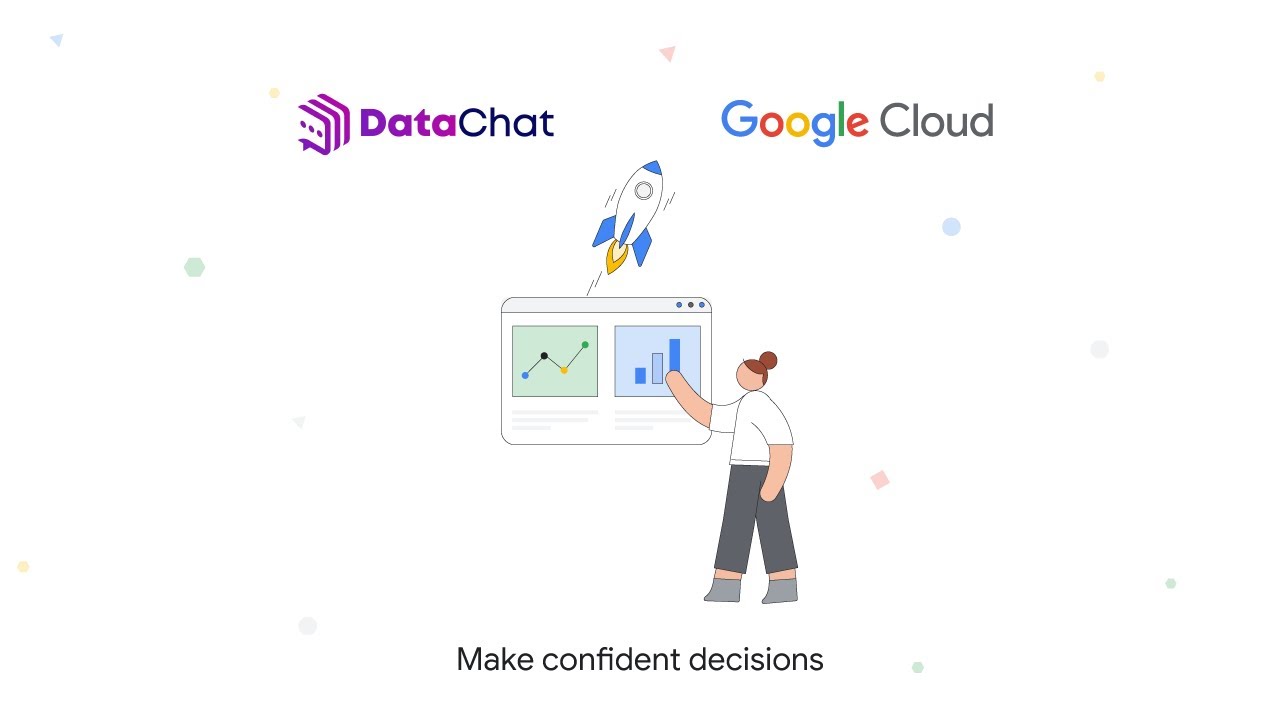
I apologize for the misunderstanding earlier! Here's a detailed response about Google Cloud and its Python documentation:
Google Cloud is a comprehensive suite of cloud-based services offered by Google, providing a range of tools and platforms for building and deploying various applications, including machine learning models. One of the essential components of Google Cloud is its extensive support for Python programming language.
Python is a popular choice among developers due to its simplicity, flexibility, and ease of use. As a result, Google Cloud offers robust Python documentation to help users get started with developing cloud-based solutions using this language. Here's an overview of what you can expect from the Python documentation on Google Cloud:
Getting Started
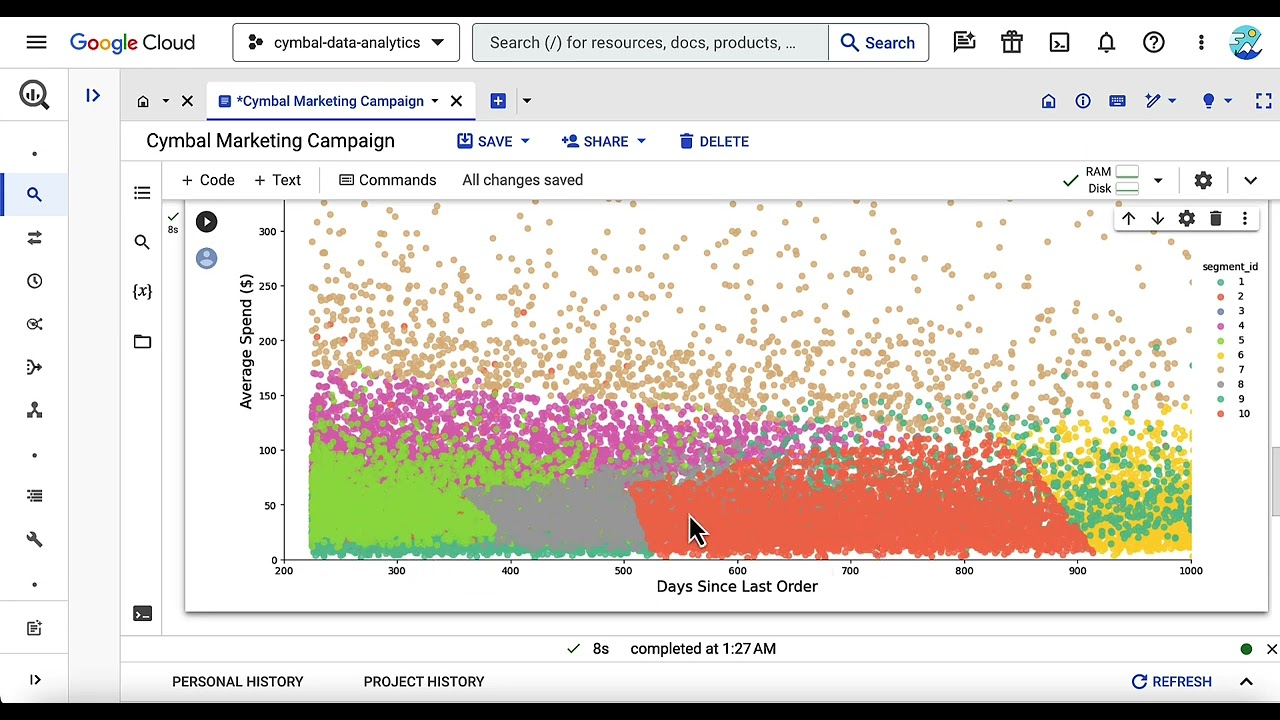
The Python documentation for Google Cloud provides an introductory guide that covers the basics of getting started with Python development on the platform. This includes setting up your environment, installing the necessary libraries and tools, and understanding the different components of the Google Cloud ecosystem.
Libraries and Client Libraries
Google Cloud offers a range of libraries written in Python, allowing developers to interact with various cloud services seamlessly. These libraries include:
Google Cloud Client Library: This library provides a unified interface for accessing multiple Google Cloud services, such as Cloud Storage, Cloud Firestore, and more. TensorFlow: A popular open-source machine learning framework that integrates well with Google Cloud's AI and ML capabilities.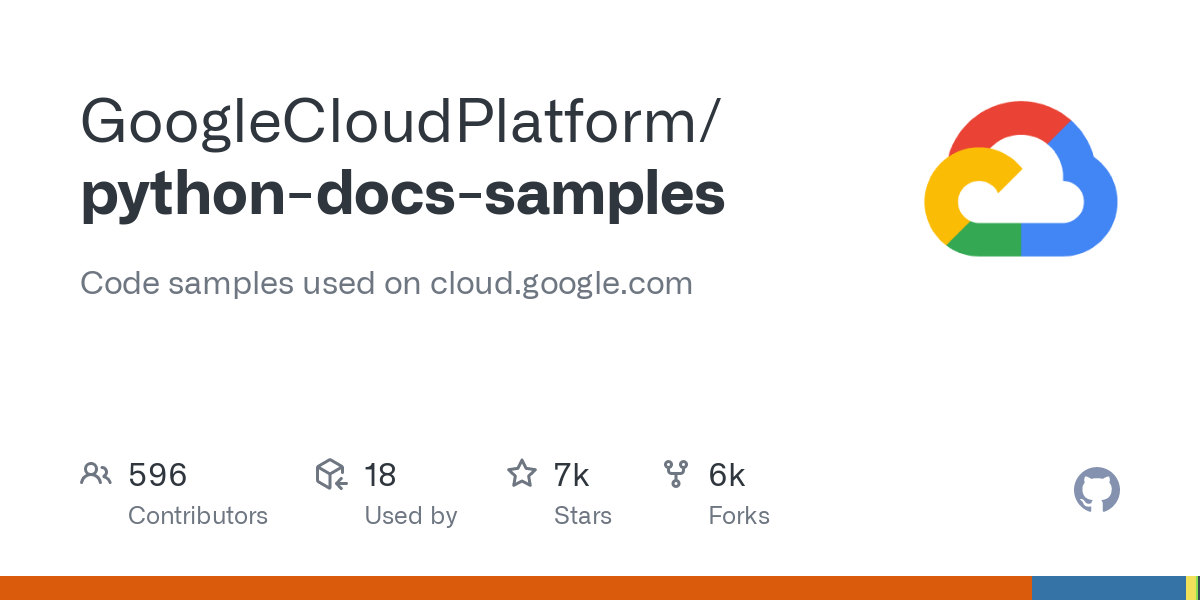
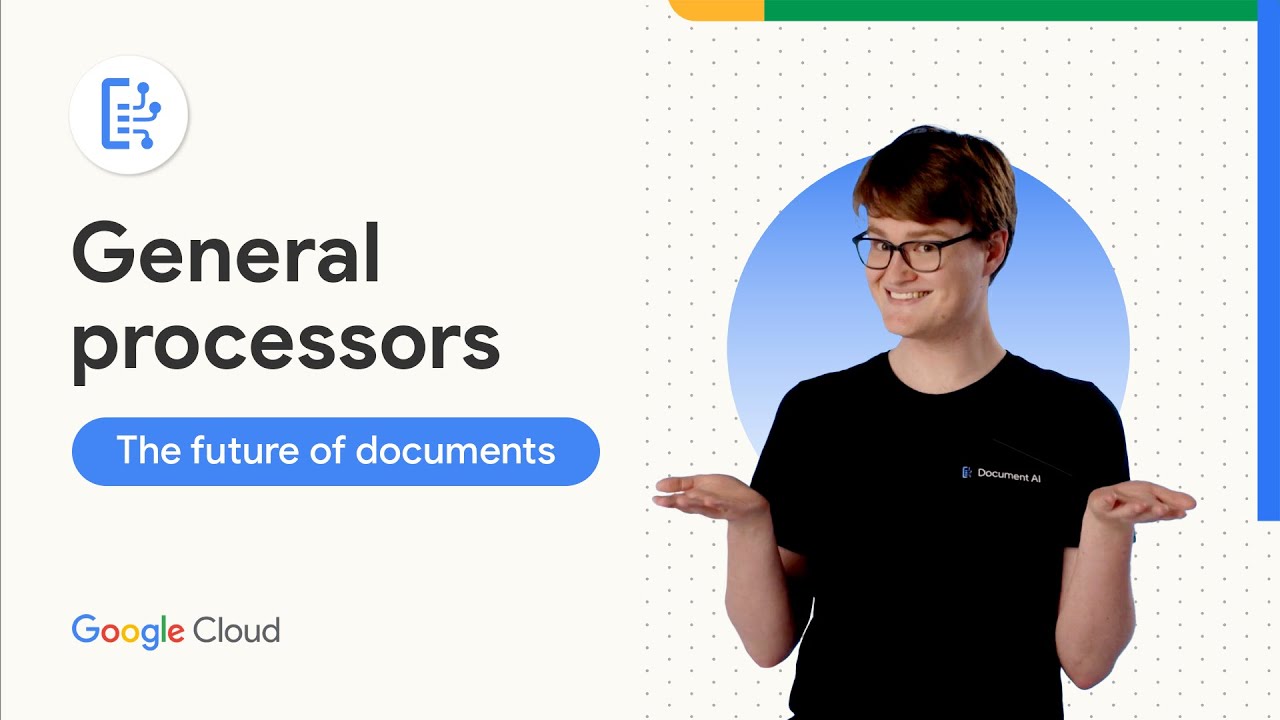
Tutorials and Guides
The documentation includes a collection of tutorials and guides that help you learn how to use specific Google Cloud services with Python. These resources cover topics such as:
Building a simple web app with App Engine: Learn how to create a basic web application using Python on the Google Cloud Platform. Processing data with BigQuery and Python: Discover how to use Python to interact with BigQuery, a fully-managed enterprise-level analytics database. Automating workflows with Cloud Functions: Explore how to use Cloud Functions, a serverless computing service, to automate tasks using Python.Reference Documentation
The reference documentation provides detailed information on the various APIs, classes, and functions available in each library. This includes:
API Reference: Detailed documentation for each API method, including parameters, return values, and error handling. Class Reference: In-depth documentation for each class, including constructors, methods, and properties. Function Reference: Documentation for each function, including syntax, arguments, and return types.Community Resources
Google Cloud's Python documentation is accompanied by a range of community resources, such as:
Stack Overflow: A popular Q&A platform where you can find answers to common Python development questions related to Google Cloud. GitHub Repositories: Official GitHub repositories for each library or service, providing access to source code and example implementations.Overall, the Python documentation on Google Cloud offers a comprehensive resource for developers looking to leverage the power of this popular language on the cloud. Whether you're building a simple web app or a complex machine learning model, this documentation will provide valuable guidance and insights to help you succeed.





























